The Open Meeting Law (OML), a state law codified in Nevada Revised Statute Chapter 241, governs the meetings of state and local agencies and provides for open discourse. The legislature has declared that “all public bodies exist to aid in the conduct of the People’s business.” And their “actions be taken openly and that their deliberations be conducted openly.”
Civil Deputy Jeff Weed presented training to the Library Board of Trustees during their last regular meeting, as four new members had recently been appointed.
Meetings that are subject to the OML are any “gathering of members of a public body at which a quorum is present to deliberate toward a decision or take action on any specific matter over which that body has supervision, control, jurisdiction, or advisory power.” Weed explained that “deliberate” means that when any quorum of the body collectively examines, weighs, and reflects upon the reason for or against the action, and that cannot take place outside a properly agendized and called open meeting. He also explained “action” being taken when a decision is made, a commitment is made, or an affirmative vote is made.
Confusion often arises among boards and the public regarding social gatherings and conferences, which are not generally meetings subject to OML. Although it is acceptable for a board quorum to attend an event, Weed cautioned members to be aware of talking together or any appearance of deliberation.
During meetings, board members should be cautious of discussions during breaks, sidebar conversations where they are deliberating off the record, and rolling quorums where one board member talks to another who then talks to another or one board member who individually talks to enough board members that they are creating a situation where they have deliberated off the record. Any conversations that result in an accumulated, secret consensus are prohibited.
Weed also cautioned board members about email and to be aware of how they communicate, making sure they are not all on an email together and never to “reply to all,” which also creates a quorum and falls under deliberation. Deliberation and votes must take place in a public meeting.
There are instances when a public body can meet without public notice but only to discuss potential or existing litigation. Action cannot be taken in those meetings.
Notice of any public meeting must be given three working days prior to the meeting, not including the day of the meeting, by 9 a.m. The notice must be concise but informative to the public of the items to be discussed. No action or discussion can be taken during a public meeting on an item not on the agenda or marked for possible action.
Weed cautioned board members to be careful with staff reports, requests for future agenda items, and visiting before and after a meeting to prevent accidentally discussing something that may be or should be agendized. He also reminded them to be open-minded and come to meetings willing to listen and deliberate.
Board members who know of and participate in OML violations can face fines and jail time.
The issue of public comment was also covered, which allows for comments on any matter that is not explicitly included on the agenda and is provided for at the beginning and end of each meeting. There are also provisions that allow for public comment after each action item on the agenda is discussed but before action is taken. Comments can be limited to a uniform period, but that applies to each speaker, and if it is not enforced on any one speaker, it cannot be enforced on any other speaker. Weed said board members should avoid making public comments.
Weed also explained that the Chairperson is responsible for maintaining an orderly meeting and can remove redundant or irrelevant speakers and presentations. Public comment cannot be limited based on viewpoint.
The Chair can also remove a person from the meeting if they are disruptive.
The open meeting law can be found in NRS Chapter 241 and is simplified and reviewed on the Attorney General's website at ag.nv.gov/about/governmental_affairs/OML.


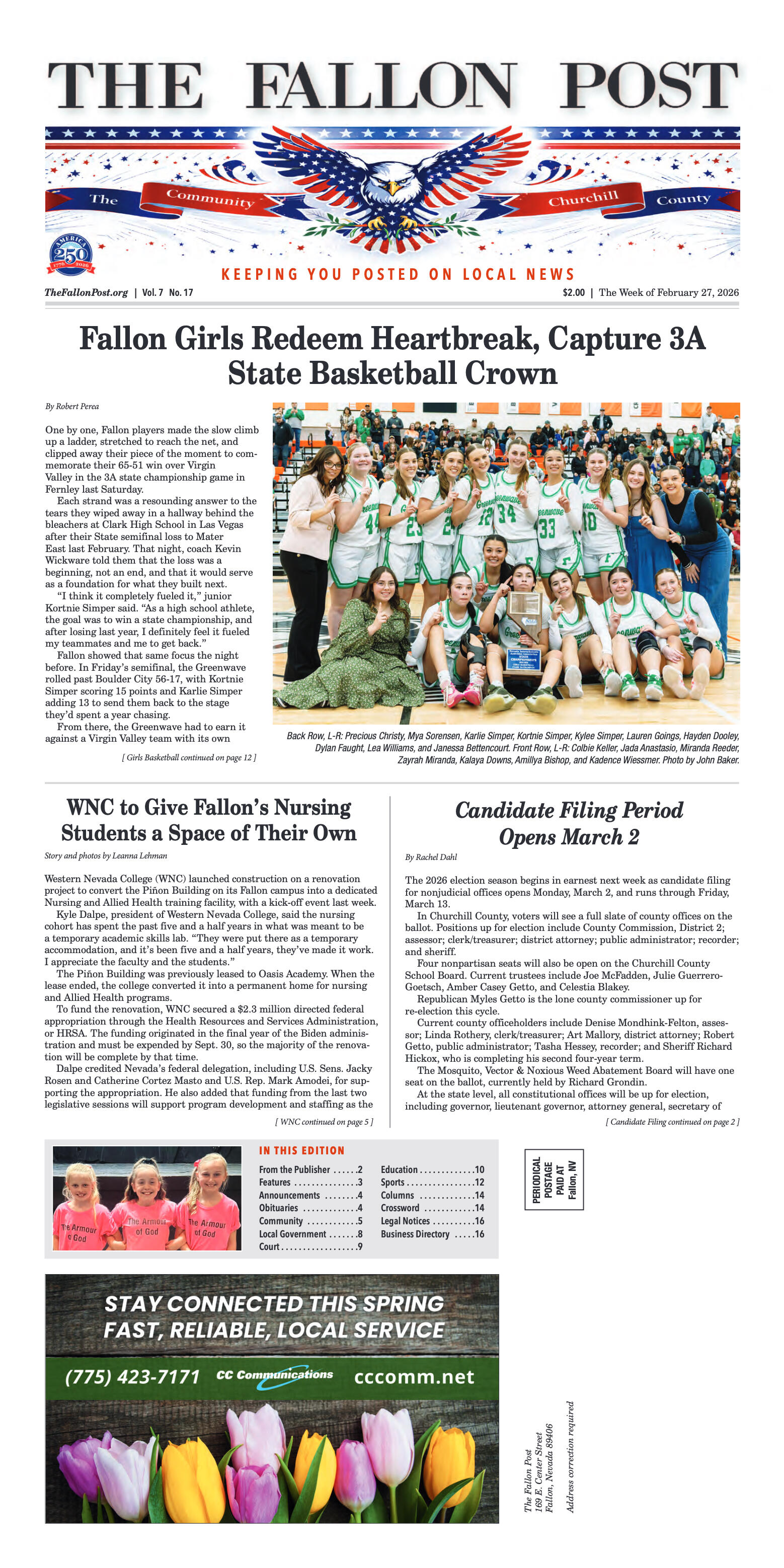
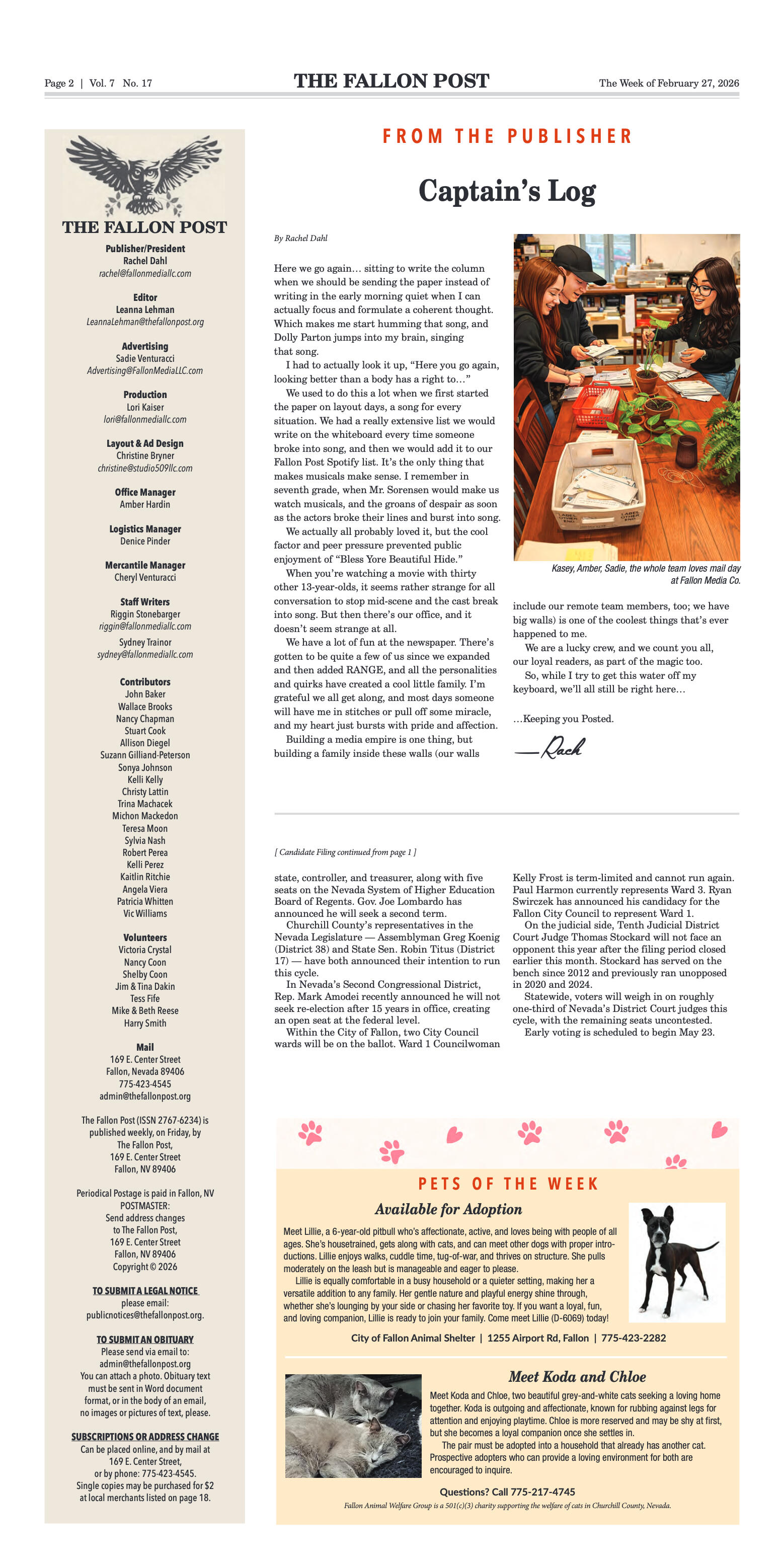
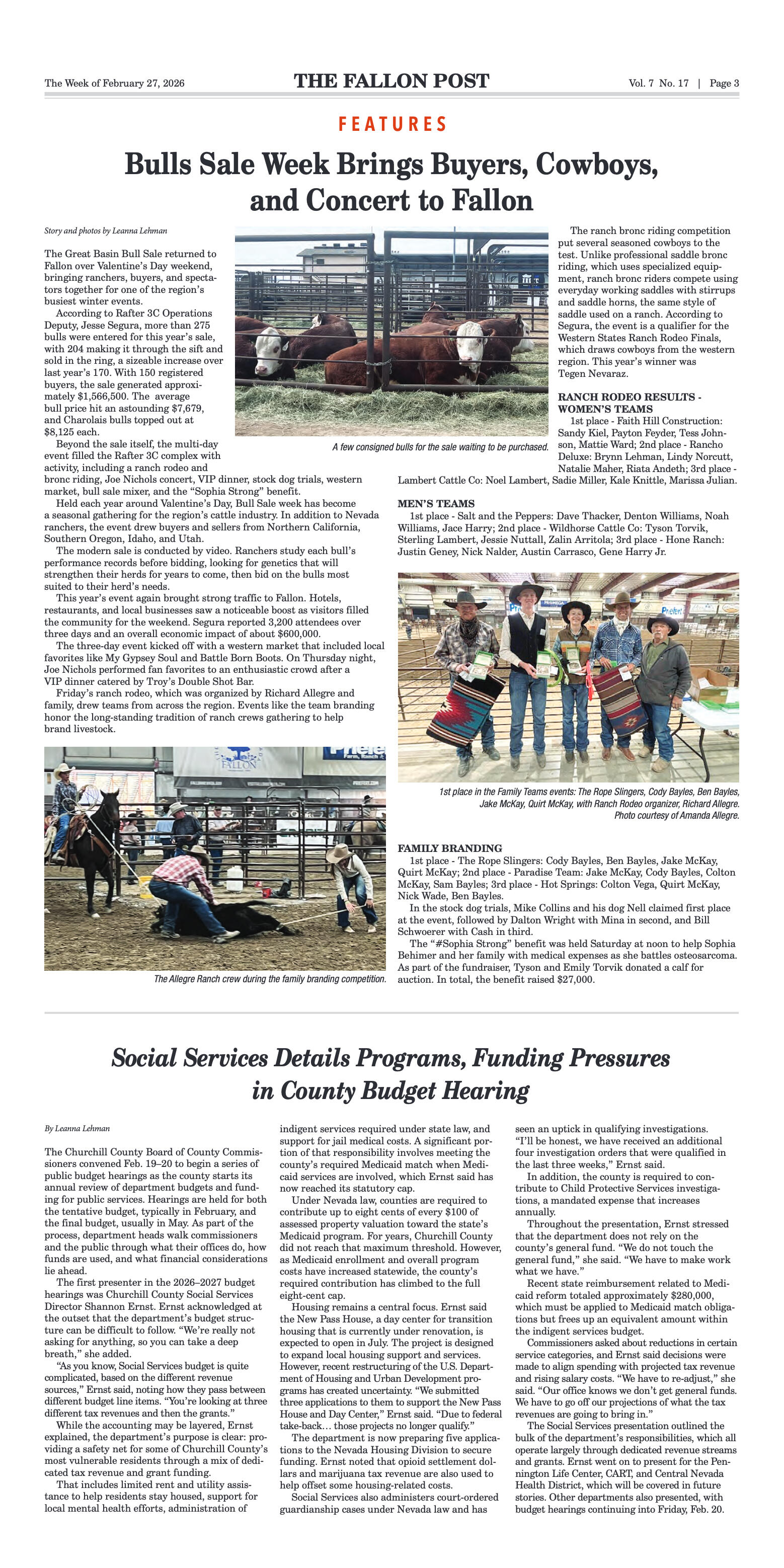
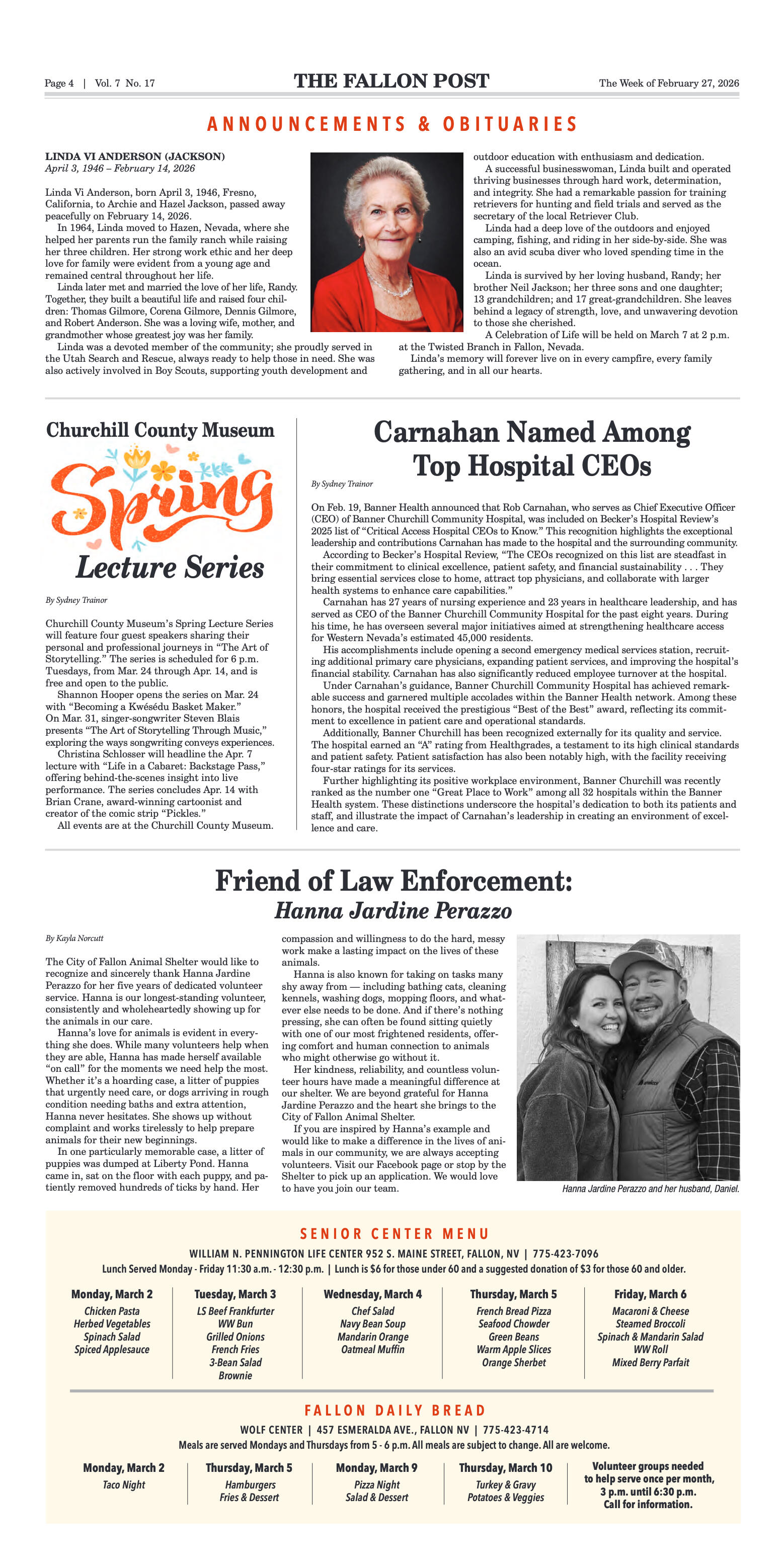
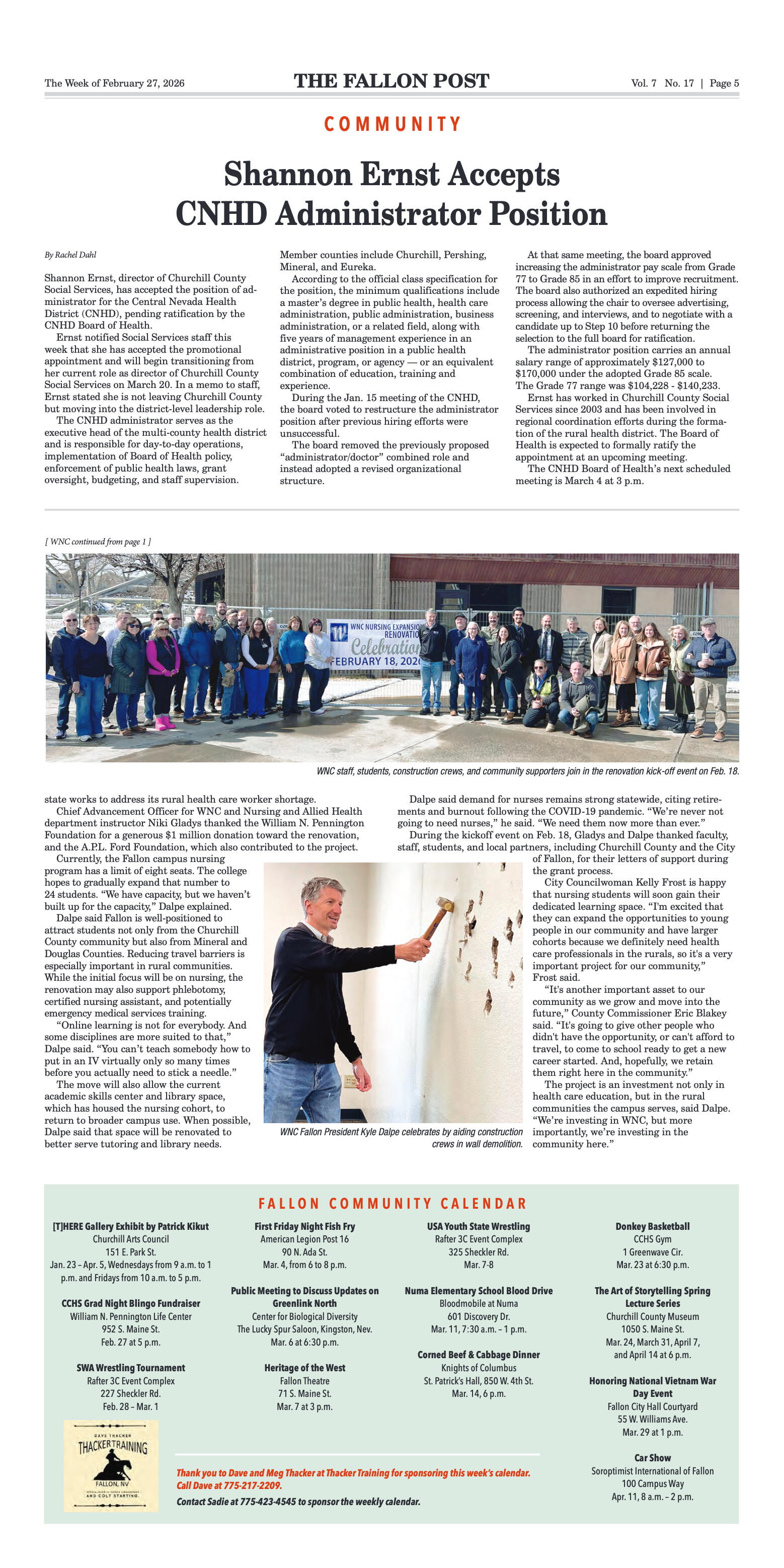
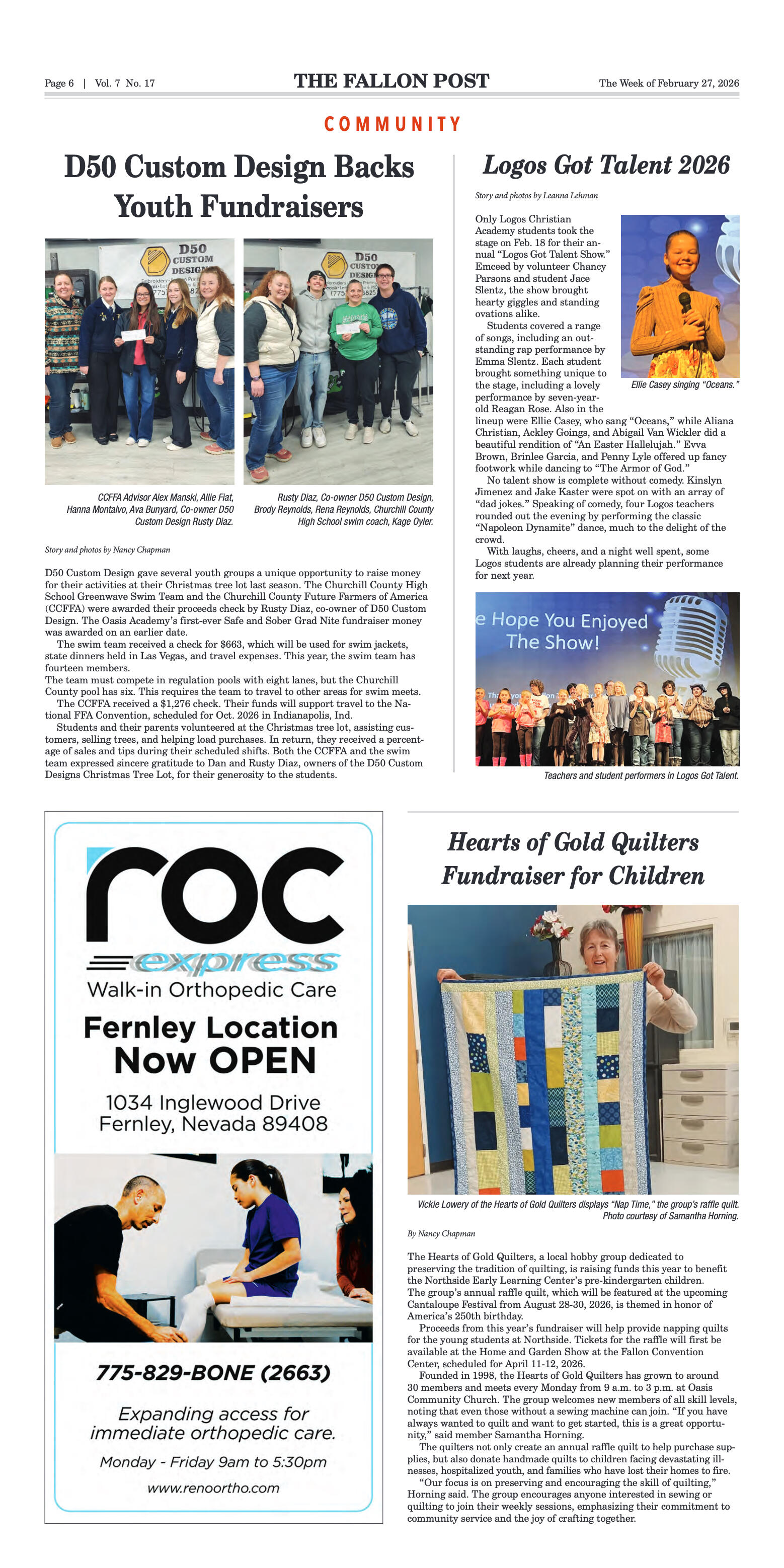
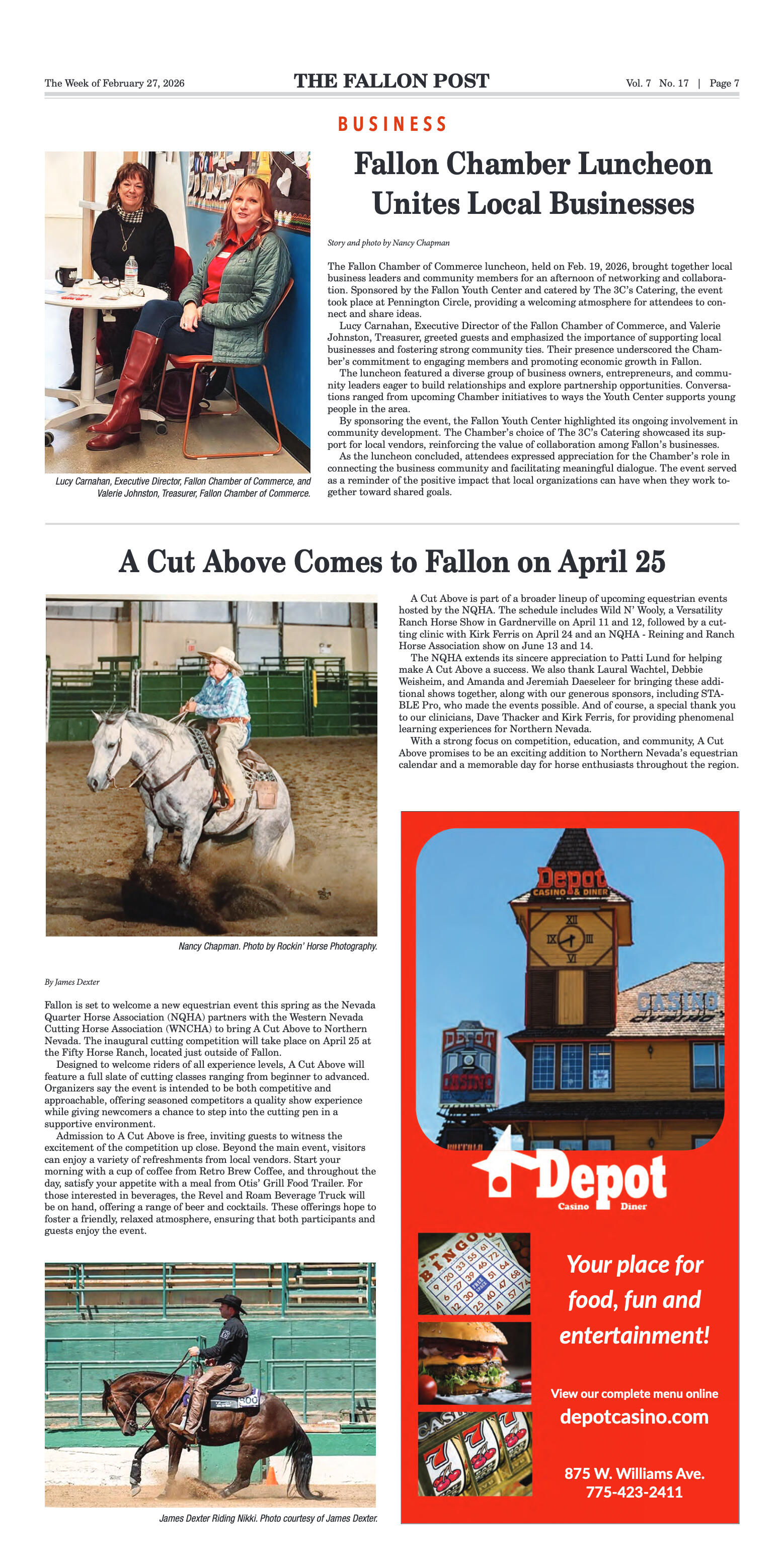
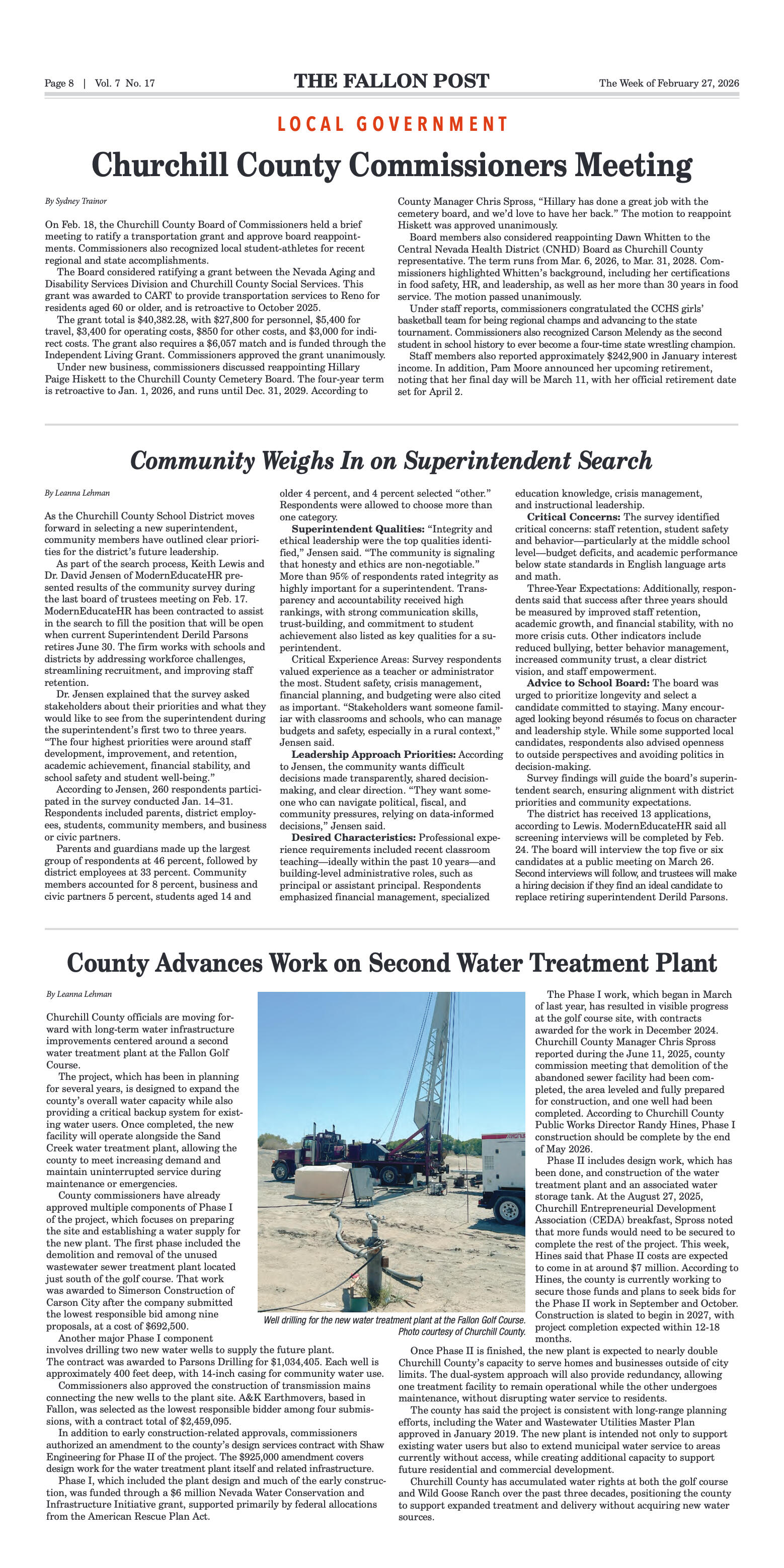
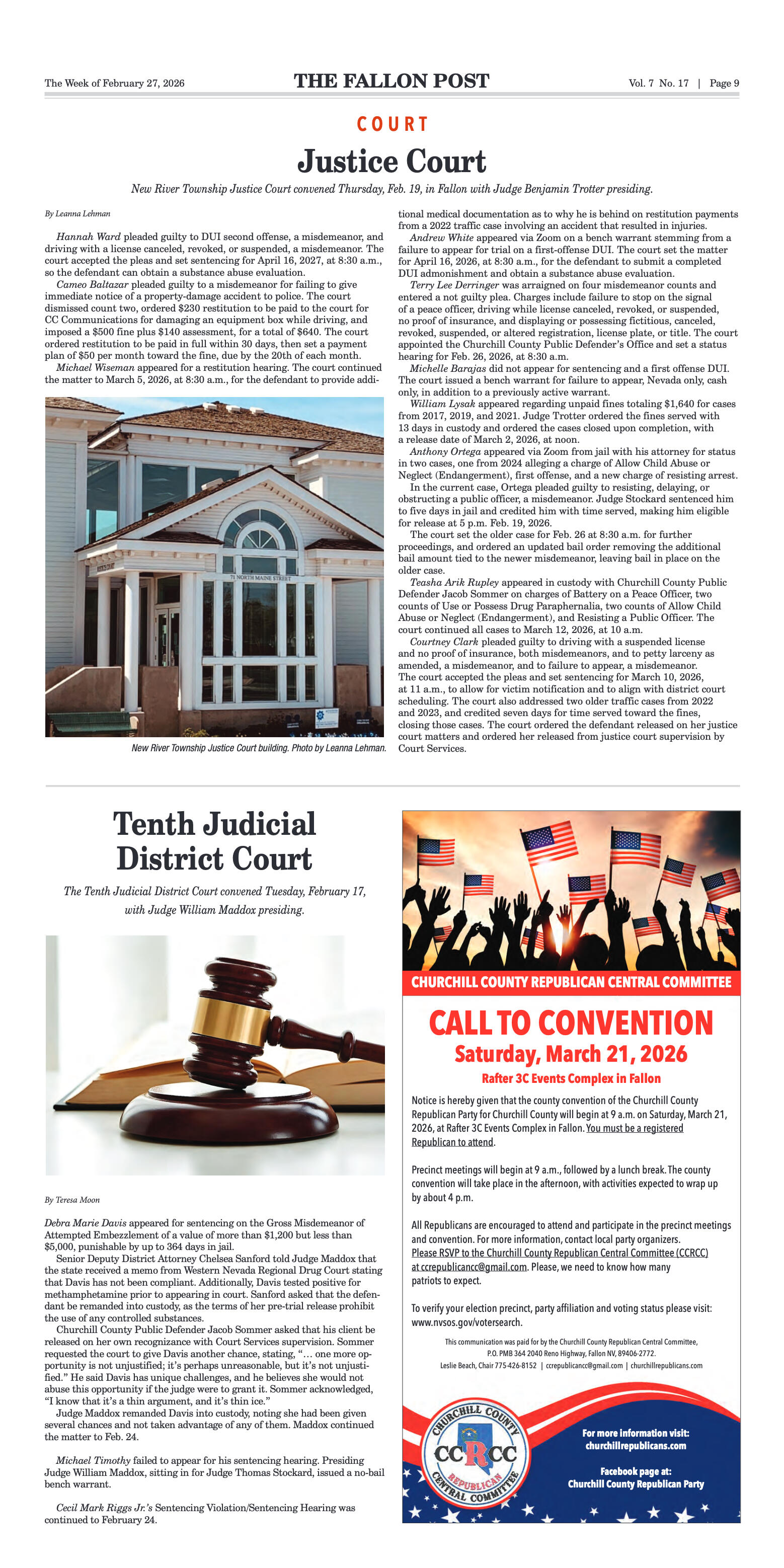
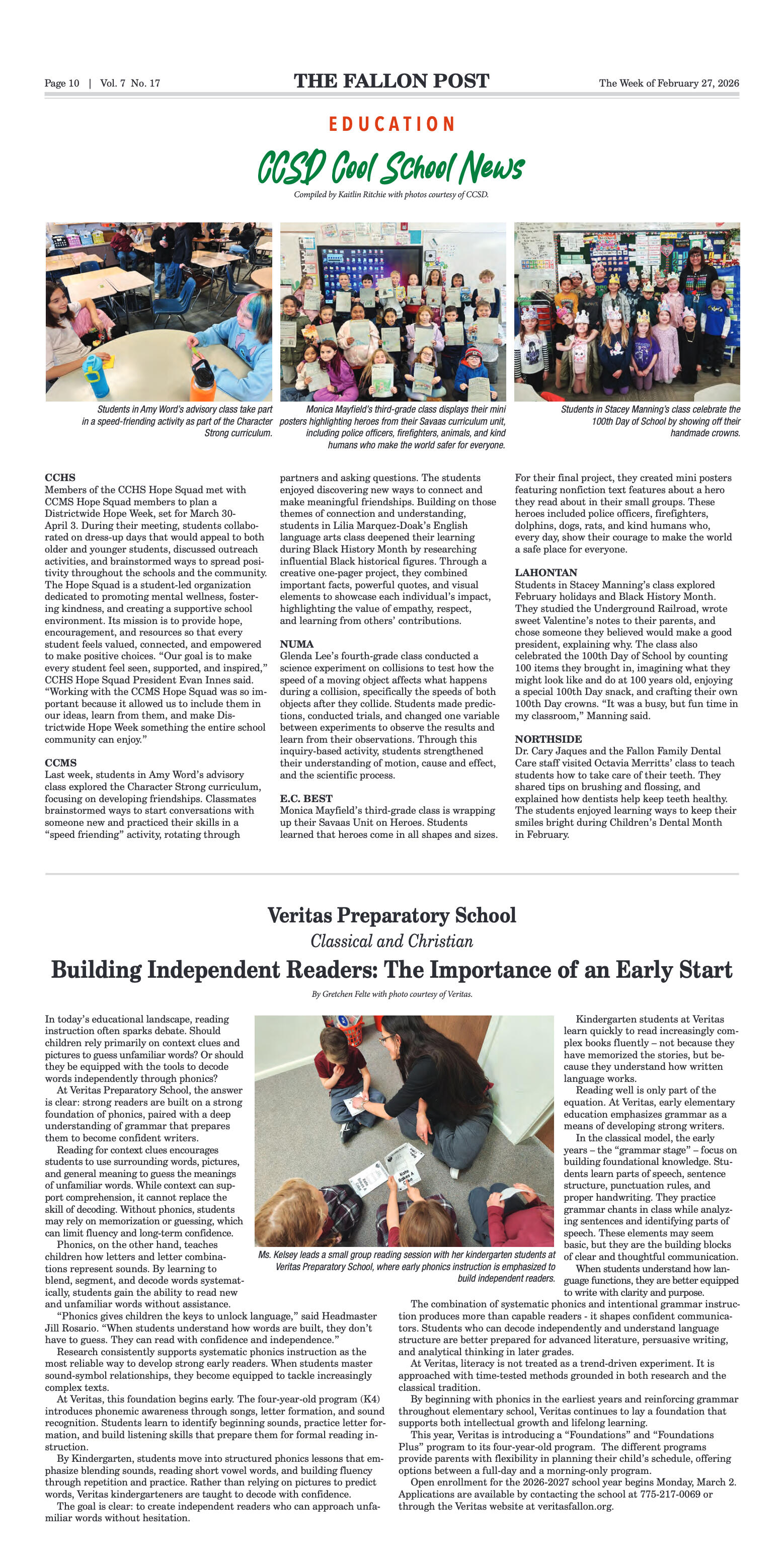
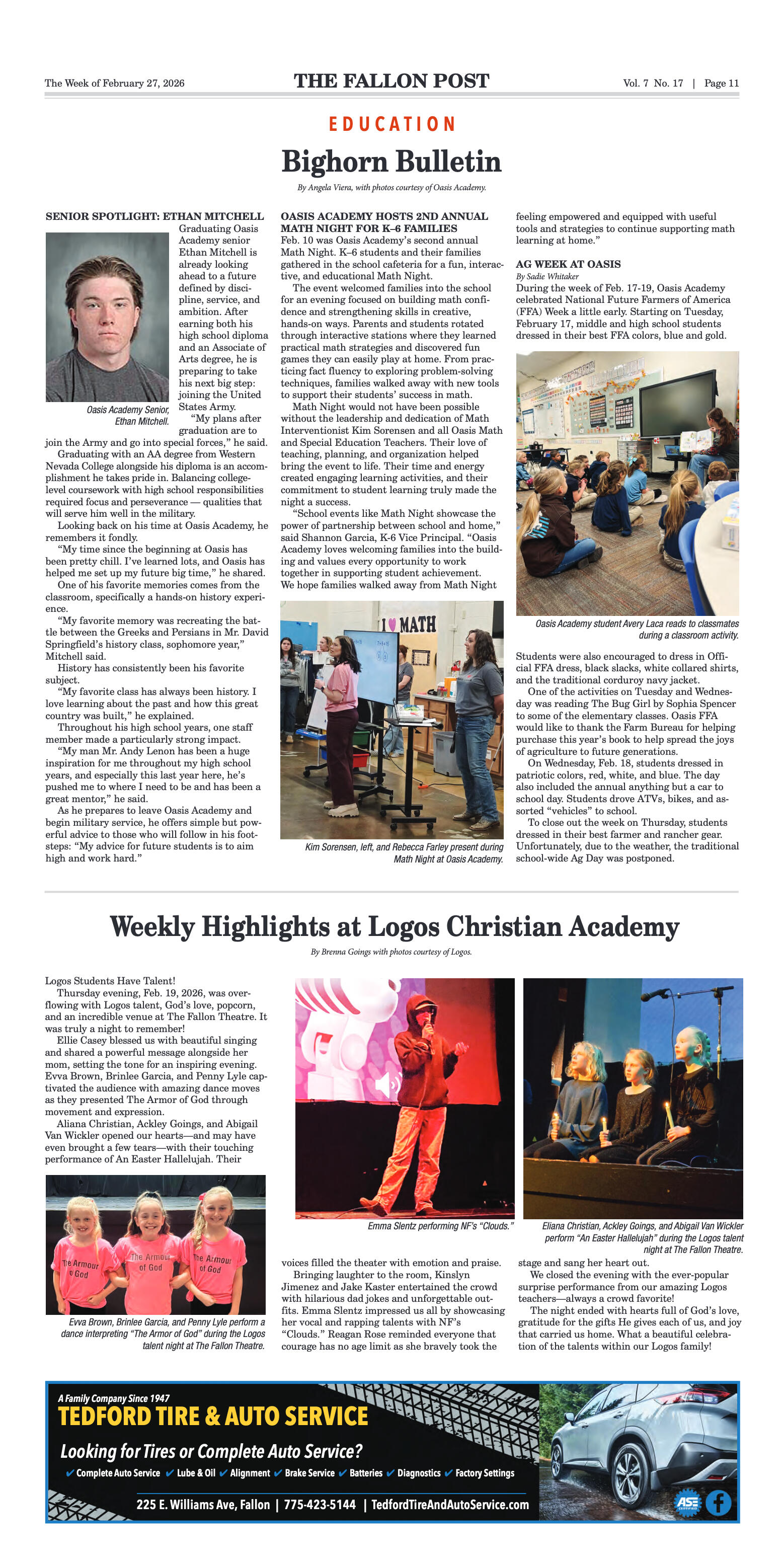
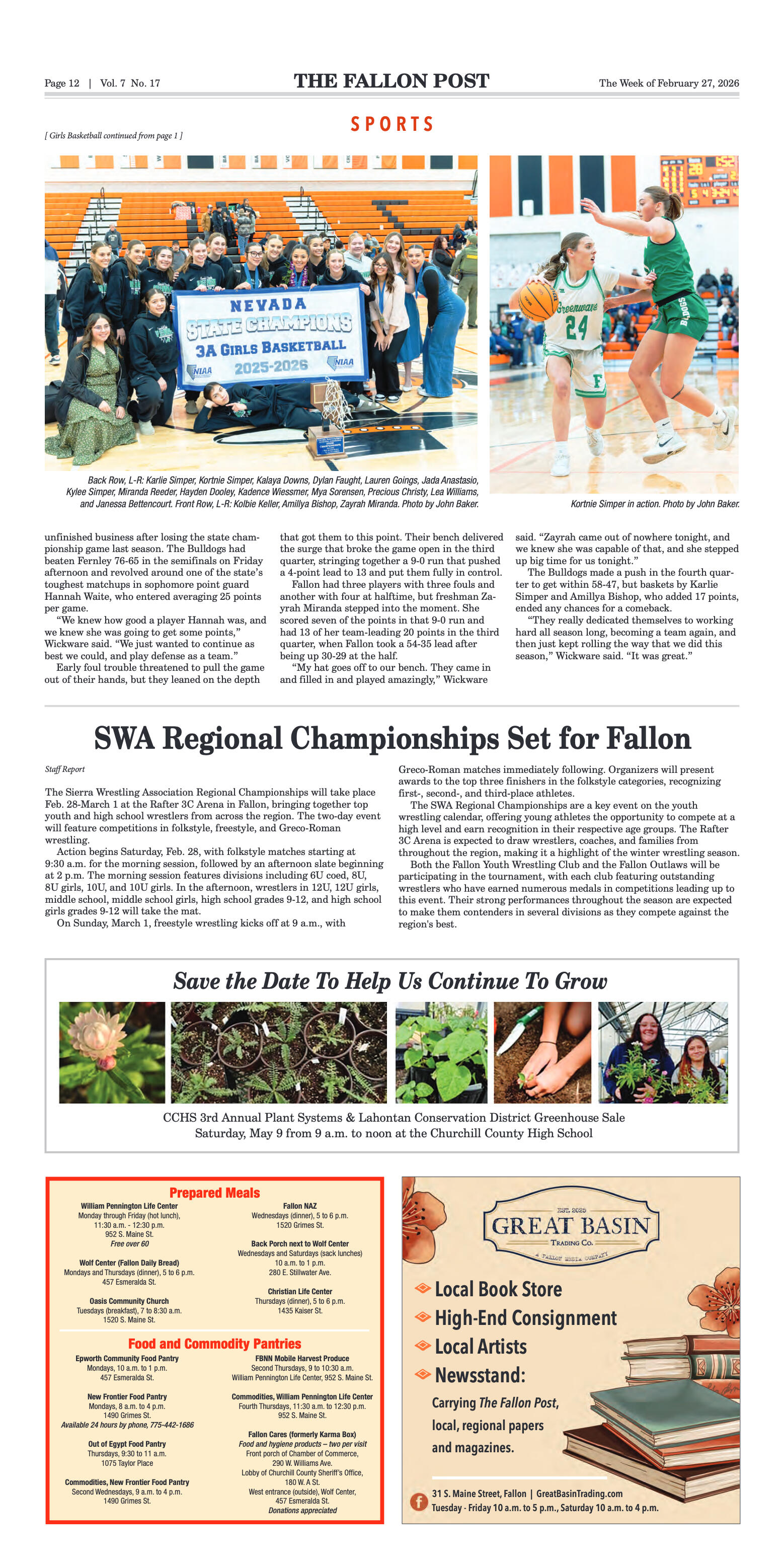
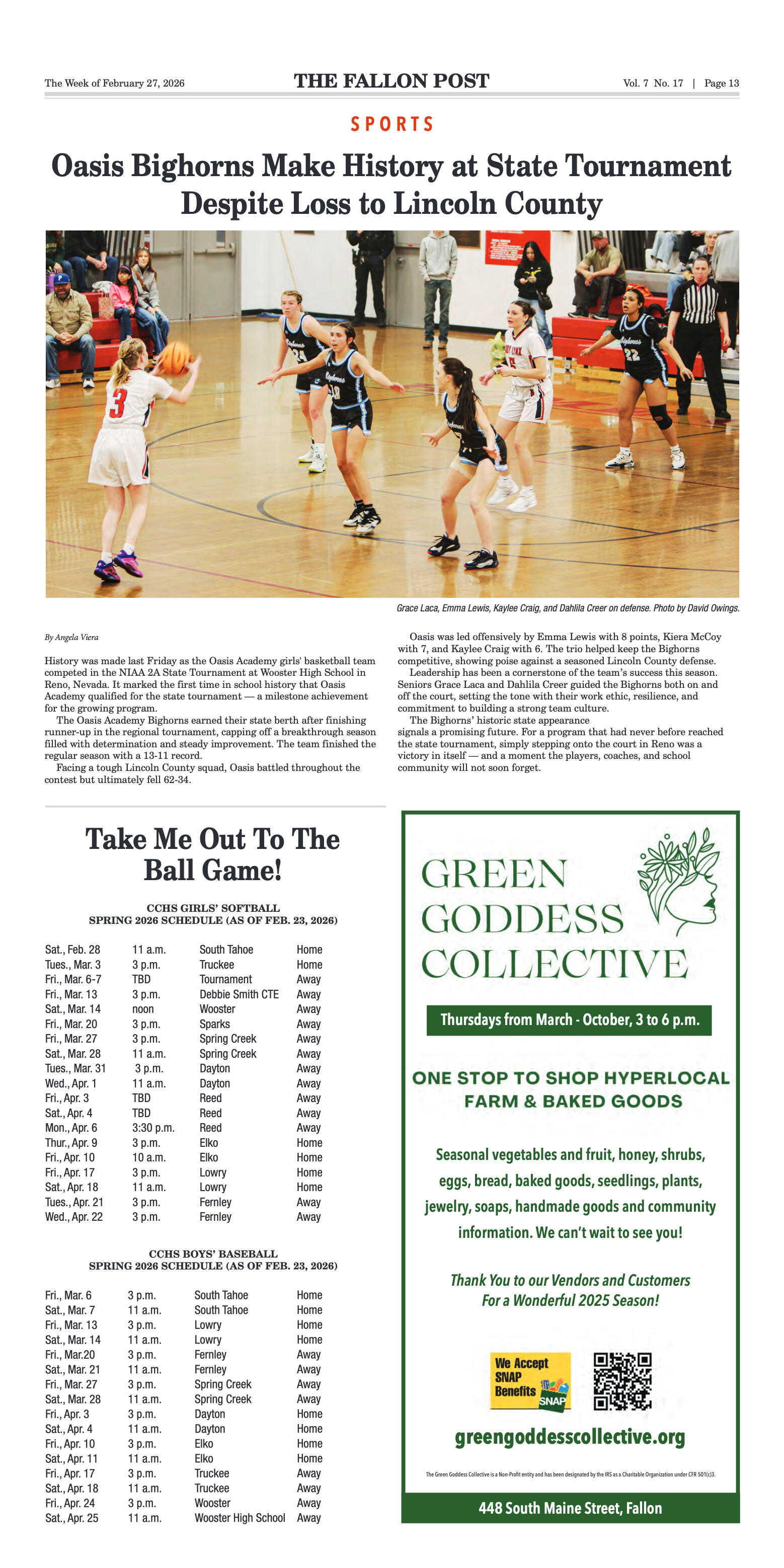
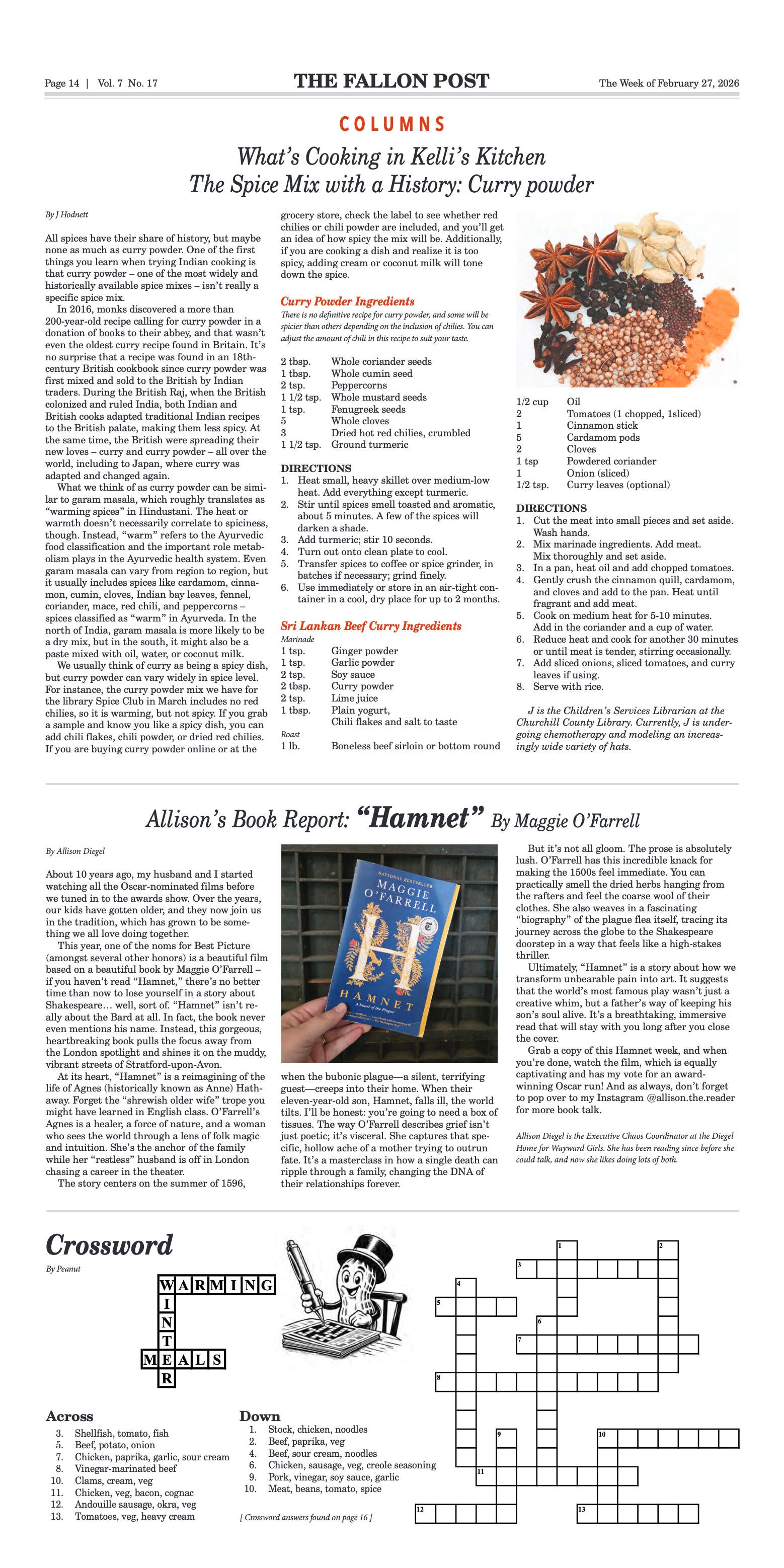
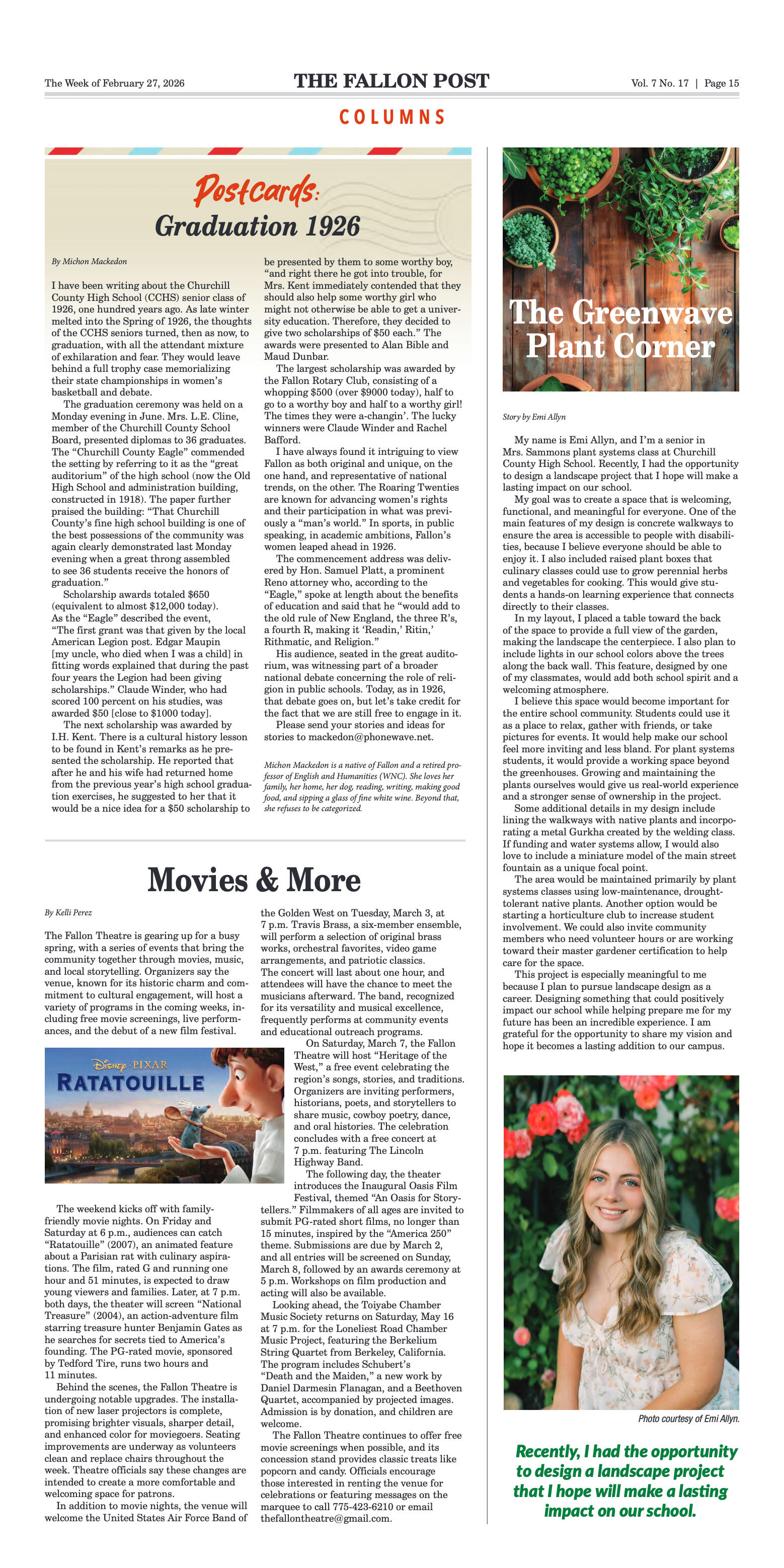
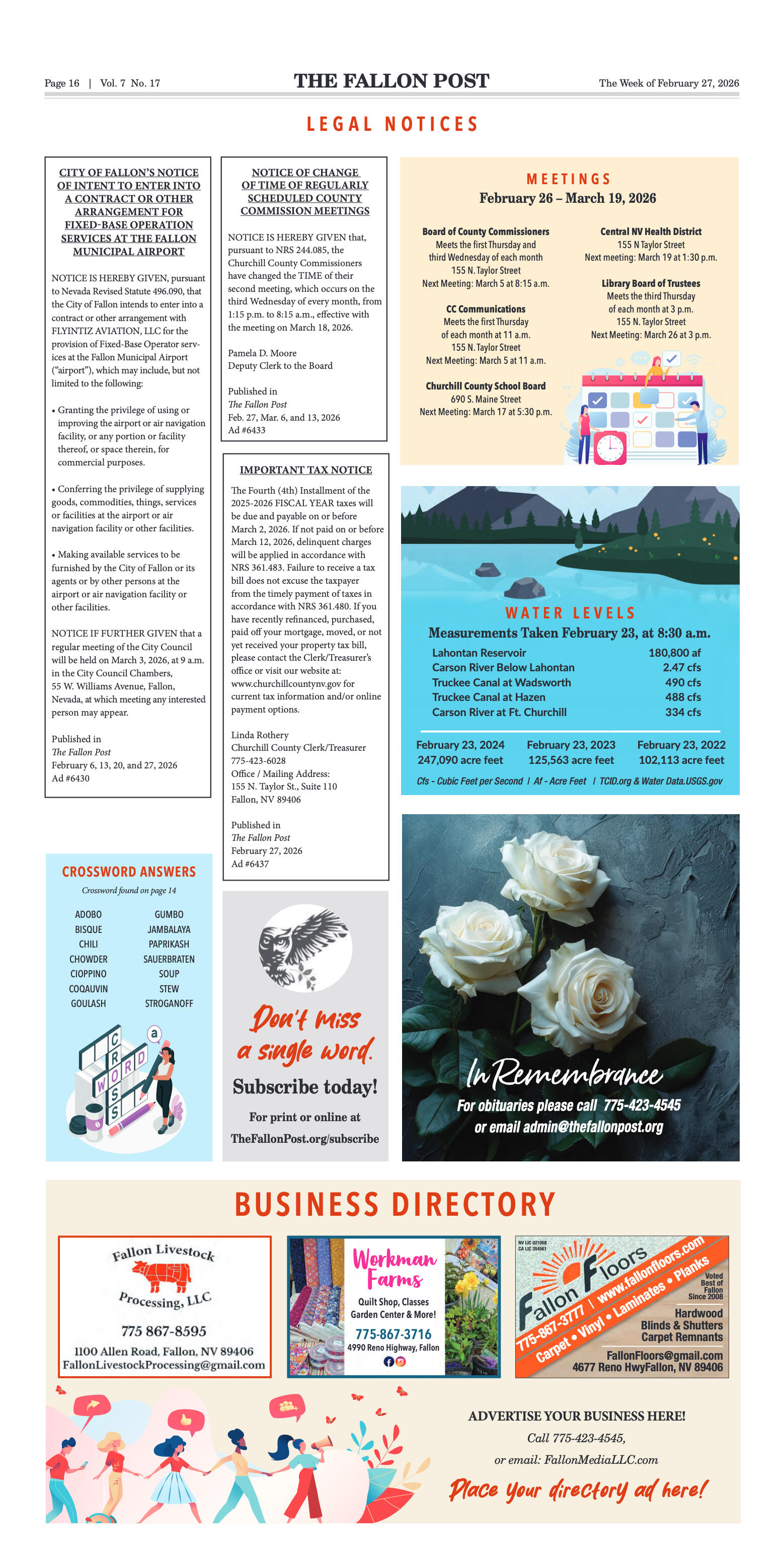




















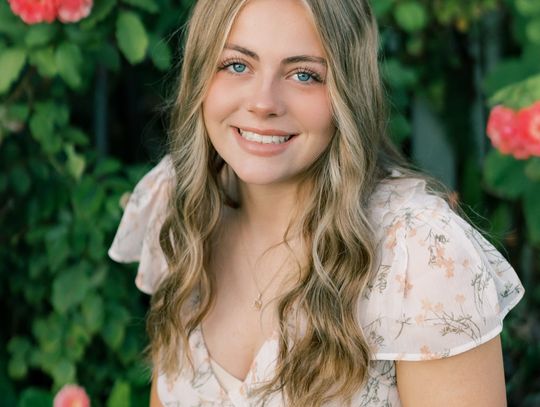
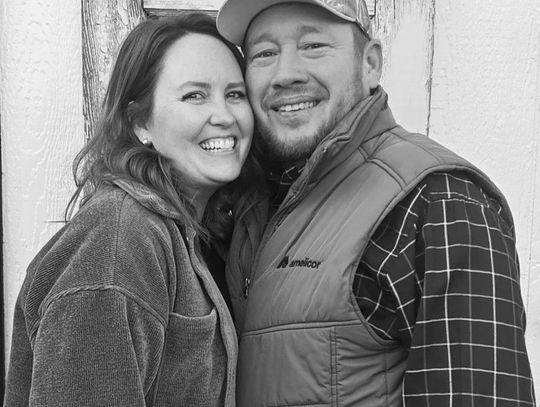

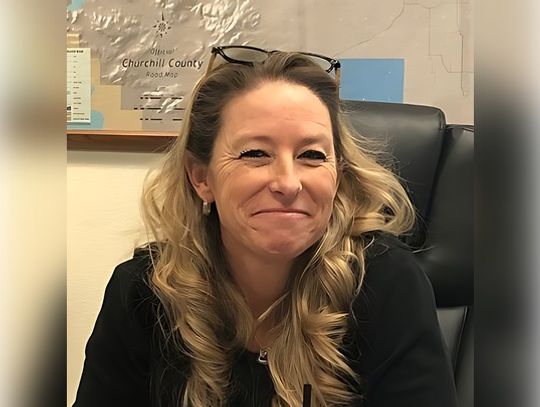
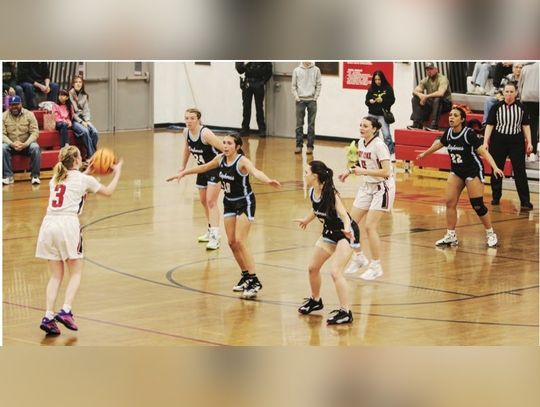

Comment
Comments